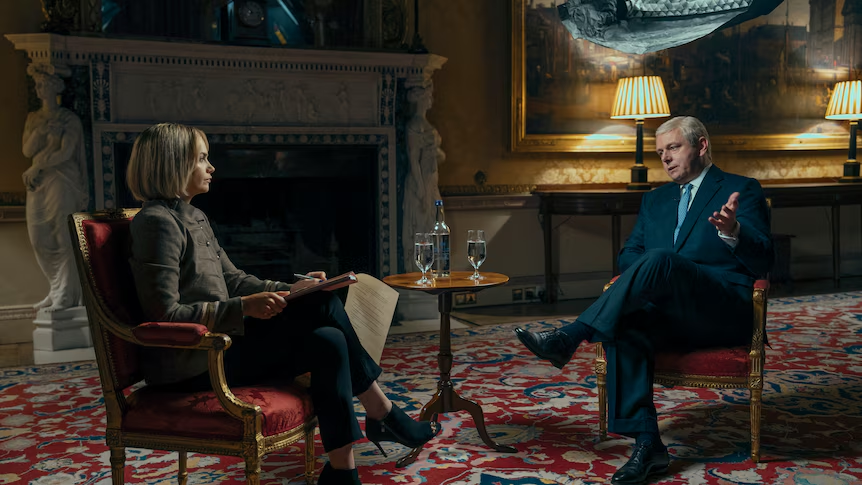Of all the controversies that have shaken the British royal family, Prince Andrew’s 2019 BBC interview is often seen as the most damaging. The Duke of York’s televised conversation about his ties to convicted sex offender Jeffrey Epstein not only shocked the public but also severely tarnished the royal family’s reputation. With intense public scrutiny and criticism, the fallout from this scandal has left a lasting mark on the monarchy’s image.
A Scandalous Moment
In November 2019, Prince Andrew sat down for a highly publicized interview with BBC Newsnight’s Emily Maitlis. The interview aimed to clear his name amid growing accusations of his involvement in Epstein’s illicit activities, including allegations from Virginia Giuffre, who claimed she was trafficked by Epstein and coerced into sexual relations with the prince when she was underage.
However, the interview did not go as Prince Andrew intended. Instead of offering a compelling defense, his responses raised even more questions and concerns. He denied any wrongdoing but failed to show empathy toward Epstein’s victims, which many saw as a critical mistake. His now-infamous explanation about his inability to sweat and a bizarre alibi involving a pizza restaurant in Woking only worsened the situation.
Public Outrage and Criticism
The interview immediately triggered a wave of public outrage. Media outlets, royal experts, and social media erupted with criticism of Prince Andrew’s responses. Many viewers were shocked by his apparent lack of remorse and failure to distance himself from Epstein. Critics pointed out that the interview lacked sincerity and seemed more like an attempt to save face rather than address the serious accusations against him.
Royal insiders were reportedly stunned by how poorly the interview went. Rather than improving his image, Prince Andrew’s responses were seen as tone-deaf and out of touch with the gravity of the situation. The scandal led to intense media scrutiny of the royal family and raised concerns about their ability to manage public relations crises.

The Royal Fallout
In the aftermath of the interview, the damage to the royal family’s reputation was undeniable. Prince Andrew faced immense pressure to step back from public duties, which he eventually did. Buckingham Palace issued a statement confirming that Prince Andrew would withdraw from his royal responsibilities “for the foreseeable future,” citing the scandal’s negative impact on the monarchy.
The decision to remove Prince Andrew from official duties was seen as a necessary step to protect the royal family’s image, especially as the allegations continued to make headlines. For the royal family, which has always been careful about its public image, this scandal marked one of its lowest points in modern history.
Long-Term Impact on the Monarchy
The Prince Andrew interview remains one of the most significant royal scandals in recent years. It not only hurt the duke’s personal reputation but also cast a shadow over the entire royal family. Public trust in the monarchy took a hit, and questions about transparency and accountability within the institution arose.
For the royal family, known for its carefully curated public image, this scandal was a stark reminder of how quickly their reputation can be damaged. While the monarchy has faced numerous controversies over the years, the magnitude of this scandal – amplified by the global reach of the Epstein case – makes it stand out as one of the worst in royal history.
A Cautionary Tale
Prince Andrew’s disastrous interview serves as a cautionary tale for the royal family about the risks of public relations missteps. The scandal continues to affect the prince’s standing, with no sign of a return to royal duties on the horizon. It remains a painful chapter in the history of the British monarchy, one that will not be easily forgotten.



